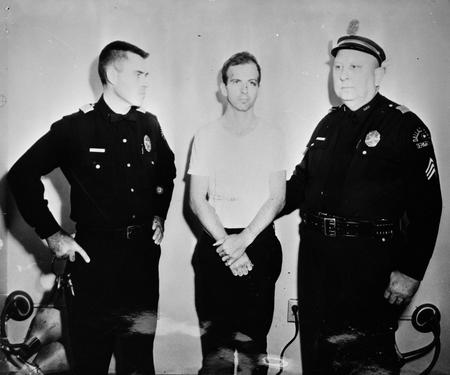From Chem Trails to Cover Ups: Conspiracy Theories Run Rampant
How might we open a dialogue with people who believe in something that seems to defy all known facts and evidence?

The outbreak of the measles unfolding around the nation, including right here in southeast Michigan, is fueled by a conspiracy theory.
Parents who believe, against the evidence that science has to offer, that vaccinations are more dangerous than deadly disease outbreaks, are invigorating a debate that’s off-kilter because fact takes a back seat to sheer belief.
That’s not the only place we see that happening.
From claims of celebrity death hoaxes to “chem trails” to the moon landing, there are lots of people who believe that media, experts, and authorities are lying to all of us, and that only the suckers go along with convention.
From FiveThirtyEight: “Conspiracy Theories Can’t Be Stopped”
Why do people subscribe to these things? Why do they hold so tightly to them? And how might we open a dialogue with people who believe in something that seems to defy all known facts and evidence?
Stephen Henderson speaks with two experts and talks with callers about these questions on Detroit Today.
Michael Wood is a professor of psychology at the The University of Winchester in the UK. Wood’s primary research interest and expertise is in the psychology of conspiracy theories.
David Ludden is a professor of psychology at Georgia Gwinnett College. His primary interest is the psychology of language, considering not only how language is processed in the brain, but also how our social world both shapes and is shaped by the language we speak. Ludden talks about how to open dialogues with people whose beliefs deviate from known facts and evidence.
Click on the audio player above to hear those conversations.

